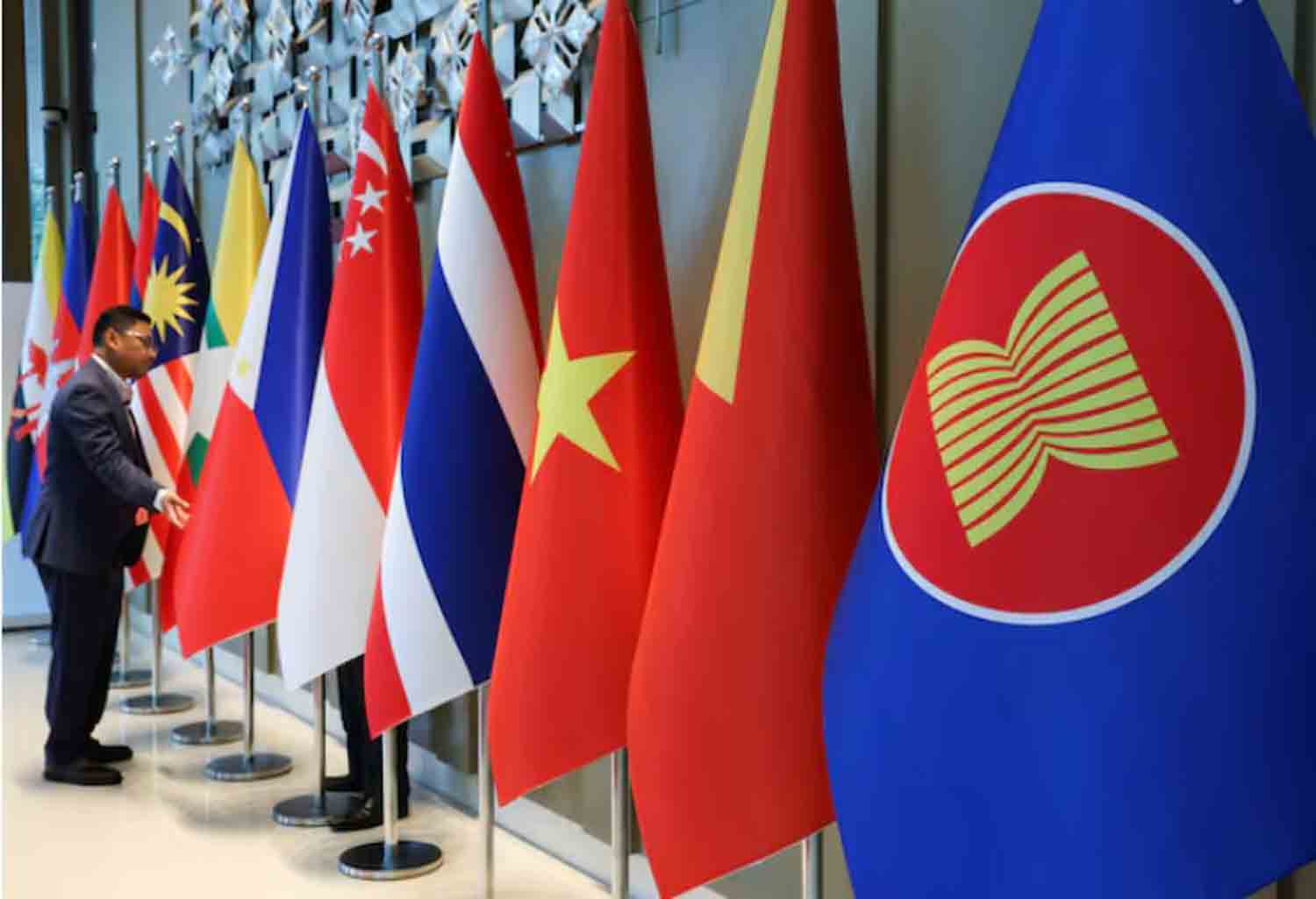Southeast Asian foreign ministers convened for a private retreat in Malaysia on Sunday, marking the country’s inaugural meeting as the chair of the ASEAN regional bloc. This gathering occurs against the backdrop of a worsening civil conflict in Myanmar and ongoing tensions in the South China Sea.
As Malaysia assumes the rotating chairmanship of the 10-member Association of Southeast Asian Nations, the bloc faces challenges posed by China’s assertive actions in the South China Sea and a stalled peace process regarding Myanmar, where the military government intends to conduct elections this year.
While Malaysia is dedicated to tackling regional challenges, a senior official cautioned that expectations regarding Myanmar and the progress of discussions on an ASEAN-China code of conduct for the South China Sea should be tempered. “Claiming that we will find an immediate solution would be overly ambitious,” stated Amran Mohamed Zin, the secretary general of the Malaysian foreign ministry, during a media briefing prior to the retreat on Langkawi island.
Since the military coup in early 2021 that ousted an elected civilian government, Myanmar has been engulfed in chaos, leading to pro-democracy protests that have escalated into a widespread armed rebellion across the nation. Despite facing numerous challenges, including a devastated economy and the banning of numerous political parties, the junta is determined to proceed with elections this year, which critics have condemned as a façade to maintain military control through proxies.
To date, ASEAN has struggled to implement a “Five-Point Consensus” peace plan introduced shortly after the coup, which calls for dialogue and a cessation of hostilities, and has yet to establish a unified stance on the upcoming election. “Everyone is eager to assist Myanmar… engagements have taken place and will persist under Malaysia’s leadership,” Amran remarked.
TENTATIVE PROGRESS
Amran emphasized that each ASEAN member state has a crucial role in maintaining the South China Sea as a “sea of peace and trade.” He noted that initial steps have been taken towards establishing a code of conduct with China, which asserts its sovereignty over a significant portion of this vital waterway.
The South China Sea is a key route for approximately $3 trillion in annual maritime trade and has witnessed intense confrontations in recent years, particularly between the Philippines and China, a principal player in the region’s trade and investment landscape. Additionally, Vietnam and Malaysia have raised concerns regarding the actions of Chinese vessels operating within their exclusive economic zones, which China claims are functioning lawfully within its jurisdiction.
On Saturday, the Philippine foreign minister indicated to Reuters that it is time to address complex “milestone issues” related to the long-standing code, such as its scope and the potential for it to be legally binding. Adib Zalkapli, managing director at Viewfinder Global Affairs, remarked that while there is political will in Malaysia to seek a resolution for Myanmar, tangible advancements on regulations for the South China Sea are unlikely during Malaysia’s leadership. “It remains a matter that the claimant states must manage and contain to prevent unnecessary escalation,” Abib stated.
Discover more from Defence Talks | Defense News Hub, Military Updates, Security Insights
Subscribe to get the latest posts sent to your email.





